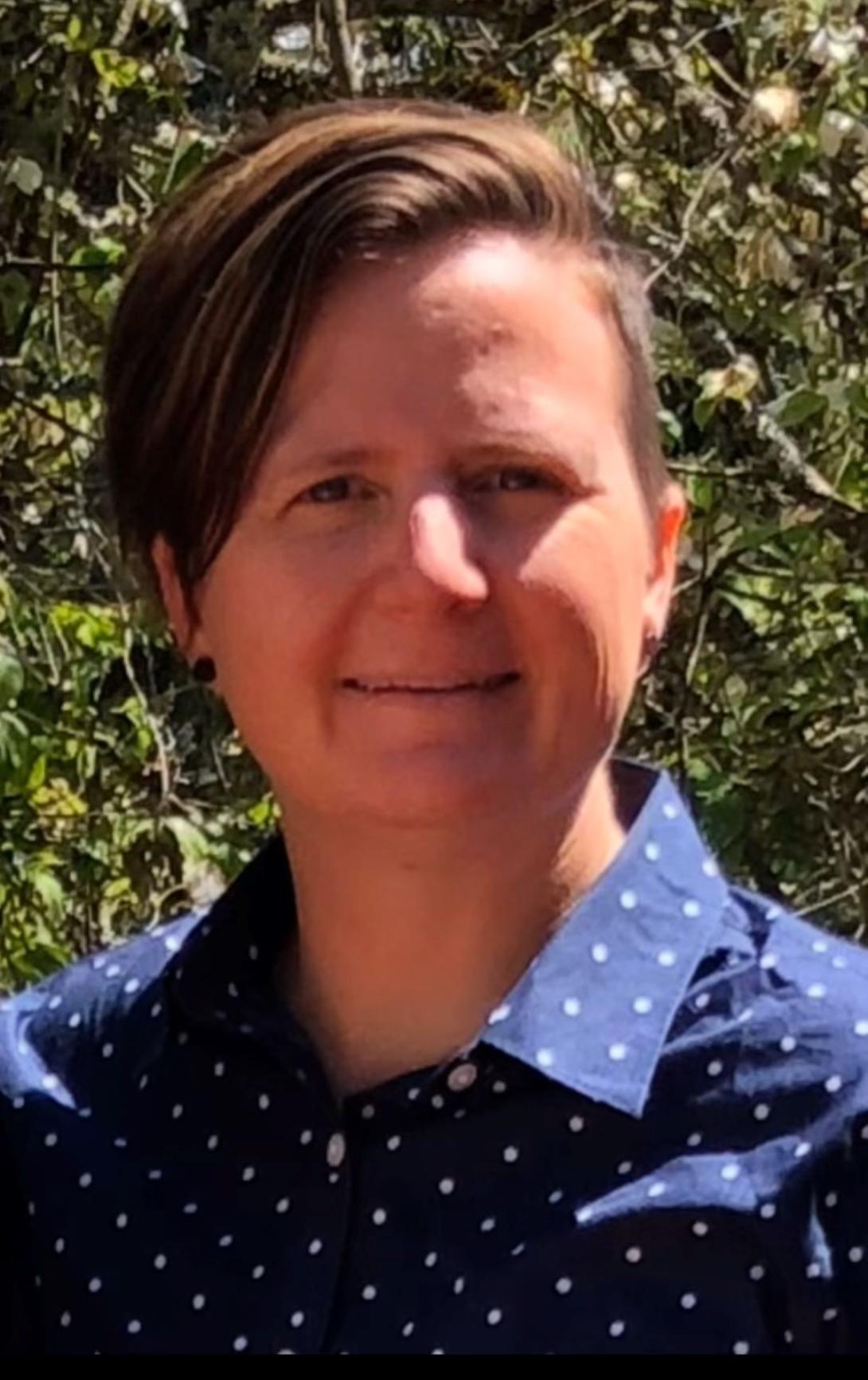
Earlier this year Oregon became the first state to decide that physician assistants would now be called ‘physician associates,’ part of a national push to highlight their importance.
While some in the medical community have said that the change will further blur the line between PAs and doctors, the change in Oregon happened with a minimum of fanfare. The change to Oregon’s law does not substantially alter what a PA can do in practice, just what they are called.
There are more than 2,500 physician associates in Oregon. Many of them come to the profession with some other experience in health care, like being an emergency medical technician or a medical assistant.Typically they take care of patients’ routine medical needs, including prescribing medications and interpreting lab results.
So how does a typical associate view their name change? The Lund Report spoke with Tara Foley, a physician’s assistant at Providence Gateway Clinic in East Portland, about the pleasures and challenges of her job and about why the title change matters to her. Foley does not speak for Providence.
This conversation has been edited for clarity and length.
The Lund Report: What inspired you to become a PA and go to school for that?
Tara Foley: I got my bachelor’s in community health education and worked in nonprofit health care doing a lot of patient education. I worked at a federally qualified health center in New York City that was the first LGBTQ health center, called Callen-Lorde, very early on in my career. I was an HIV tester and just really kind of passionate about helping underserved populations access health care and understand health care.
I got a little bit burnt out from nonprofit health care and [went to] culinary school. I eventually made my way back to health care when I moved out to Portland in 2008. I worked for the Coalition of Community Health Clinics helping out with a project called Project Access Now. We helped people who were uninsured or underinsured access specialty care through either FQHCs [federally qualified health centers] or some of the smaller community health clinics, which was a really great project.
I met some PAs for the first time in my life and saw what their career was like. I wanted to be working more with patients, instead of just in the background, and that's what started my journey to being a PA.

TLR: After you graduated from OHSU as a PA in 2016, what did you like most about being a physician’s associate?
Foley: You get a lot of time to work with patients. A lot of friends who did an MD or a DO [doctor of osteopathy] route [say] ‘I just don't get the time I need with patients.’ And one of the things I really like about being a PA is you’re given a little bit more time to spend with people.
I like helping people with their overall health. Health is impacted by so many things in our lives. Working at family in family medicine, you see all the aspects of that. We help people with their health care, but we’re also helping with so many other things to improve their lives.
TLR: What is most challenging about the role of physician associate?
Foley: One of the hardest challenges of being a PA is having patients understand what a PA is. When somebody needs to be seen but they can’t get in with their primary care person, that’s really where the PA is able to step in and help them for either acute or chronic needs. I don’t just see acute care, I [also] see long-term chronic care management like diabetes and hypertension.
I try to explain to patients: ‘We’re extensions of your primary care team. I can diagnose you, I can order tests for you, I can order labs for you. I can send in prescriptions.’
There’s a lot of things that we can do. And when we feel like it goes beyond our comfort level or people have extensive chronic disease management, we go back and collaborate with their primary care physician.
TLR: You just listed almost everything I imagine a doctor would do for me. What can’t you do? What are the differences between a PA and an MD?
Foley: One of the differences is obviously our schooling. Physician assistants came out of the Vietnam War, at a time when primary care was very scarce and we had a lot of army medics and service members coming who had a lot of medical training. And so the premise of being a PA is that you are coming in with some medical background. For a lot of people, that might be as an EMT, a paramedic, a medical assistant, whatever that might look like, which is different than going to medical school.
For medical school, it’s helpful to have those things, but you don't need that to get into medical school, and that’s part of the reason why the PA programs are generally shorter. They’re usually two to three years instead of medical school, which is four, and there’s not a residency.
"Because as an assistant, you kind of imply that you are there only to assist someone.... I think the title of ‘physician associate’ recognizes that training better than ‘assistant.’ I’m not there to assist someone. I’m there to provide care for someone."
TLR: It strikes me that we are once again in a moment where primary care is hard to find. Do you think that makes PAs more important?
Foley: Oh, absolutely. Oregon certainly is very supportive of the PA profession. In terms of a lot of the things that we can and can’t do, Oregon is different than other states, [which] have a lot more limitations.
TLR: What does it mean to you and to the profession to have Oregon state law recognize physician associates with an updated title?
Foley: I had mixed views on it, to be honest. There’s part of me that's just like, ‘Oh gosh, I have a hard enough time explaining what a physician assistant is, and now it’s going to be this other layer of, ‘I'm not a physician assistant anymore. I’m now a physician associate.’ When it comes down to it, people are going to still say ‘PAs.’
But I think it is an important distinction between an assistant versus an associate. Because as an assistant, you kind of imply that you are there only to assist someone. That you are limited in that one role as opposed to recognizing the amount of education that we have and the amount of training that we have, especially on the job training. I think the title of ‘physician associate’ recognizes that training better than ‘assistant.’
I’m not there to assist someone. I’m there to provide care for someone.
"You get a lot of time to work with patients. A lot of friends who did an MD or a DO [doctor of osteopathy] route [say] ‘I just don't get the time I need with patients.’ And one of the things I really like about being a PA is you’re given a little bit more time to spend with people."
TLR: What are you seeing these days at work? What does primary care look like from your point of view right now?
Foley: A lot of primary care right now is mental health care. I think some of that has changed in COVID. Our access to mental health care is scarce, especially in Oregon, and we just don’t have access.
Primary care right now plays a huge and important role in mental health, which is not something that everyone was always trained for. We’re able to provide some things.
And for some people, especially post-pandemic, we saw a lot of chronic disease management. We weren’t seeing people for their routine diabetes care. We weren’t seeing people for their hypertension management. And so [there is] still ongoing recovery outside of the peak of the pandemic. It still just looks a little bit different for people in their health care right now.
But in terms of day-to-day, my day is mixed with acute care needs and a lot of chronic disease management.
TLR: Is there anything else you want to say about your role?
Foley: I feel lucky to work in a state that recognizes the importance of physician associates so much so that we’re the first state to make that name change.
I think the ability we have to work at our highest level of care, supported by our legislators, is really important. We’re not limited in that way and we really can make a big impact on our health care system.